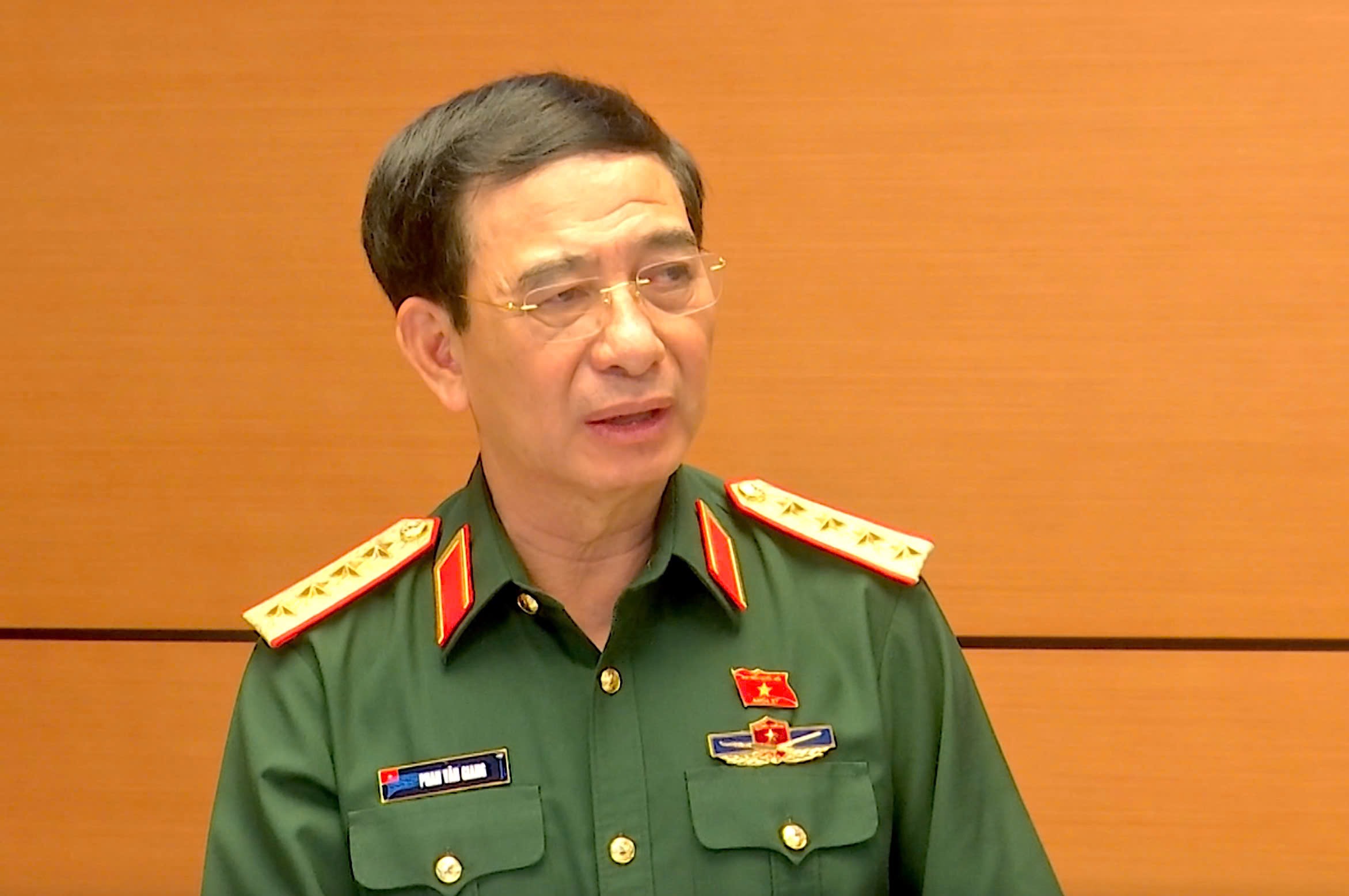 |
| General Phan Van Giang, Minister of National Defense , speaks at the discussion session. |
Within the framework of the 9th Session of the 15th National Assembly, on June 11, the National Assembly discussed in groups the following major contents: Arrangement of provincial-level administrative units for the 2025-2030 period; resolution on building an international financial center; draft Law on amending and supplementing a number of articles of 11 laws related to national defense and security. Group 7 includes delegations from Hue, Lang Son, Kien Giang , and Thai Nguyen.
Cannot arrange more than 13,000 regular officers to communes
At the discussion session, General Phan Van Giang, Minister of National Defense (National Assembly Delegate Doan Thai Nguyen ) emphasized that the merger of administrative units will lead to major changes in the organization of local military forces.
The Minister of National Defense said that the new communes after the merger are all large in size, 3-5 times larger than the old communes. Therefore, the Ministry of National Defense proposed transferring the authority to call for military service from the District Military Command to the Chairman of the Commune People's Committee to make military recruitment more realistic.
Regarding the arrangement of commune military command, Mr. Giang affirmed that it is impossible to mobilize regular officers to each commune because the number needed is up to more than 13,000 people - far beyond the current capacity. "We have not arranged regular officers to be commune commanders, but only sent cadres to strengthen training, build defense plans and provide professional support," Mr. Giang said.
Regarding the political theory standards for commune military officers, Mr. Giang said that most of them currently only have intermediate level qualifications. Therefore, the Ministry of National Defense has proposed to maintain this requirement and adjust the training program so that officers graduating from the academy can continue studying for another 6 months to 1 year to achieve advanced political theory qualifications.
Regarding the policy of rotating cadres, Mr. Giang cited an example: "There is a cadre who has worked for 20 years in Dak Nong, now transferred to Lam Dong, only a few hours away by car, but still faces difficulties because he is not provided with official housing because current regulations only support if the work place is more than 31km away from home. This regulation needs to be adjusted to be closer to reality."
Ensuring staff rights
Participating in the discussion, delegate Le Truong Luu - Head of the National Assembly Delegation of Hue City, was interested in the standards for cadres in the administrative unit merger project. He said: "Previously, the standards for intermediate political theory and intermediate military level for commune cadres were appropriate. Now, the requirement to upgrade to university, college and political theory from intermediate to advanced level needs to be considered."
Mr. Luu also informed that Hue has issued a decision to reorganize the administrative apparatus according to the two-level local government model. “We have completed the decision to organize the administrative apparatus and the Party organization. The local armed forces are still waiting for instructions from higher levels. If there are no changes, the entire system will officially operate from August 1,” Mr. Luu said.
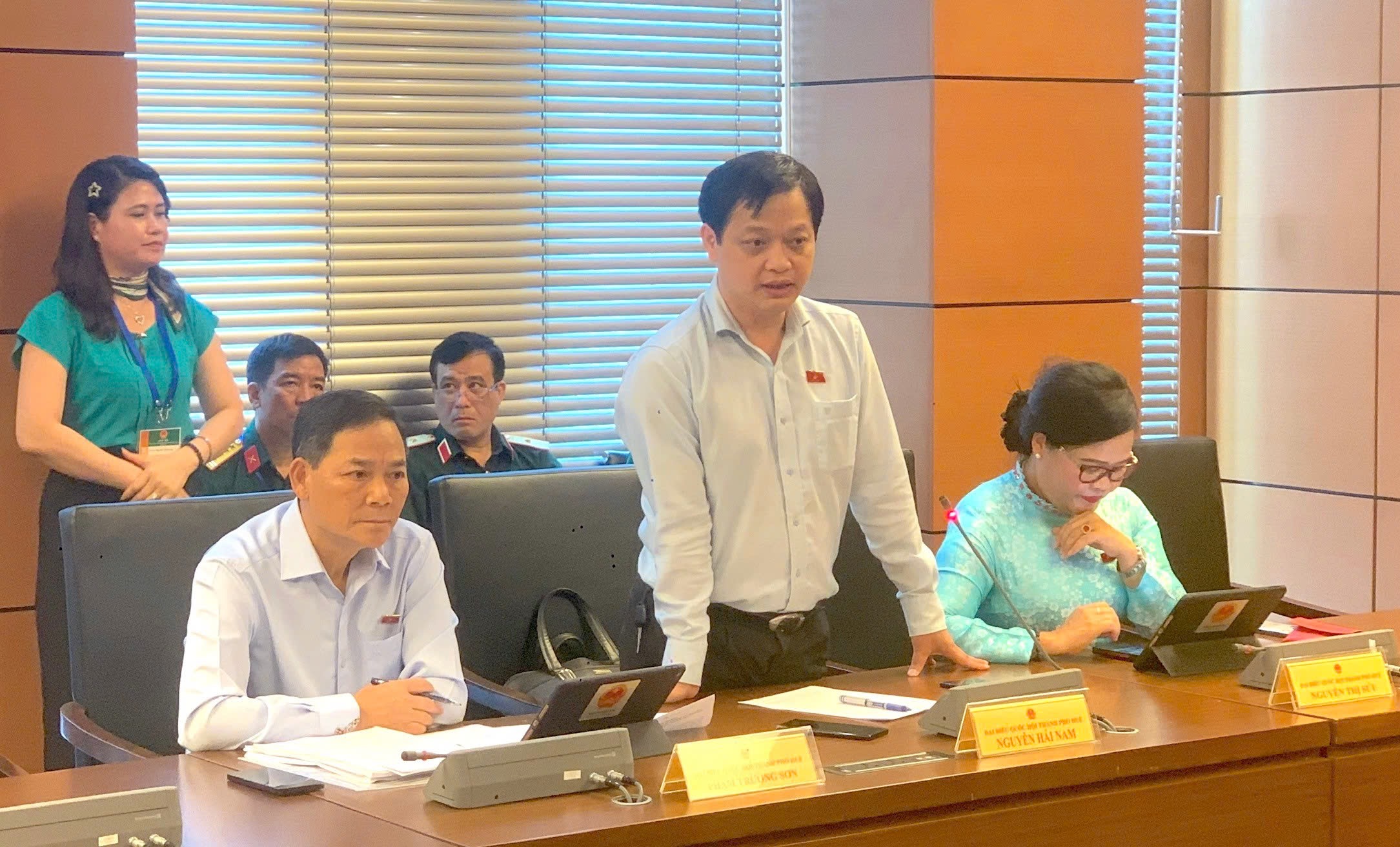 |
| Delegate Nguyen Hai Nam is interested in building an international financial center. |
Regarding the arrangement of provincial administrative units, delegate Nguyen Thi Suu, Deputy Head of the National Assembly Delegation of Hue City, emphasized the need to pay special attention to the lives of officials and civil servants - a force that lives mainly on salaries, and faces many difficulties such as illness and slow resolution of health insurance.
“There needs to be specific policies to ensure their rights, especially during the transition period to the new organizational model. We cannot ask them to change too quickly when conditions are not yet synchronized,” she said.
Ms. Suu also commented that implementing online public services is positive, but there needs to be a roadmap for testing and assessing impacts to avoid overloading or being a formality.
Regarding the Law amending regulations related to national defense and security, she said it is necessary to clarify the roles and functions of forces such as border guards, coast guard, and navy to avoid overlap. She highly appreciated the economic-defense groups operating in remote, isolated, and border areas: "They both protect sovereignty and help people produce, eliminate hunger, and reduce poverty. We need to continue investing and supporting this force to develop sustainably."
Financial centers cannot be scattered, they must be concentrated and converged.
Also at the discussion session, delegate Nguyen Hai Nam (Hue City Delegation) assessed that building an international financial center is necessary, but it is necessary to approach it in the direction of deep integration and take digital transformation as the foundation.
“A financial center is not only a place with banks and securities companies, but also an ideal living space for international experts and investors. They will not feel secure in setting up their headquarters if they live in conditions of heavy traffic and environmental pollution,” said Mr. Nam.
According to him, international finance has now shifted strongly to the digital environment. With a smartphone, investors can transfer money, sign contracts, and monitor cross-border capital flows 24/7. “Our financial center must be integrated into the global digital network. If we simply think of gathering a few banks into a center, it will be very difficult to compete,” he warned.
Mr. Nam is also concerned that the planning of the international financial center is too spread out, with proposals to establish it in Ho Chi Minh City and Da Nang, then divide it into sub-regions. “While Singapore or Hong Kong only has one center. The new centralized model creates a strong, breakthrough destination,” he said.
Another important point, according to Mr. Nam, is the liberalization of capital flows. “If you want to attract capital, you also have to let it go. A strict but not restrictive monitoring mechanism is needed. If you are not well prepared, you may fall into a crisis like Thailand in 1997. That is a very big lesson,” Mr. Nam warned.
Minister of National Defense The Minister of National Defense also added his opinion on the construction of an international financial center, from the perspective of national security and defense. According to him, for a financial center to operate effectively, it needs to be based on a transparent legal foundation, have technical support from experts and comply with international practices.
“I have visited financial centers like Santa Ana (USA). It is not only a place for financial transactions but also a safe, modern area with a synchronous ecosystem. We must also take those factors into account,” said Minister Phan Van Giang.
Source: https://huengaynay.vn/chinh-tri-xa-hoi/theo-dong-thoi-su/can-lo-trinh-phu-hop-va-the-che-dong-bo-154562.html


![[Photo] General Secretary To Lam receives US Ambassador to Vietnam Marc Knapper](https://vphoto.vietnam.vn/thumb/1200x675/vietnam/resource/IMAGE/2025/9/29/c8fd0761aa184da7814aee57d87c49b3)
![[Photo] Many streets in Hanoi were flooded due to the effects of storm Bualoi](https://vphoto.vietnam.vn/thumb/1200x675/vietnam/resource/IMAGE/2025/9/29/18b658aa0fa2495c927ade4bbe0096df)
![[Photo] National Assembly Chairman Tran Thanh Man chairs the 8th Conference of full-time National Assembly deputies](https://vphoto.vietnam.vn/thumb/1200x675/vietnam/resource/IMAGE/2025/9/29/2c21459bc38d44ffaacd679ab9a0477c)
![[Photo] General Secretary To Lam chairs the meeting of the Central Steering Committee on preventing and combating corruption, waste and negativity](https://vphoto.vietnam.vn/thumb/1200x675/vietnam/resource/IMAGE/2025/9/29/fb2a8712315d4213a16322588c57b975)

![[Photo] General Secretary To Lam attends the ceremony to celebrate the 80th anniversary of the post and telecommunications sector and the 66th anniversary of the science and technology sector.](https://vphoto.vietnam.vn/thumb/1200x675/vietnam/resource/IMAGE/2025/9/29/8e86b39b8fe44121a2b14a031f4cef46)
![[Infographics] Time, location, content of the 1st Congress of An Giang Provincial Party Committee, term 2025 - 2030](https://vphoto.vietnam.vn/thumb/402x226/vietnam/resource/IMAGE/2025/9/30/fed466586ad84c3ebea914be993018ca)

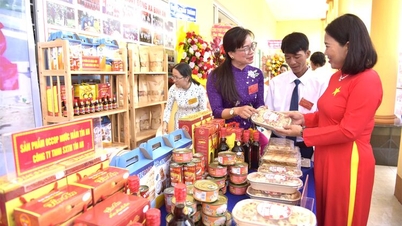
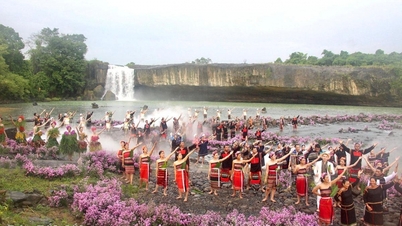

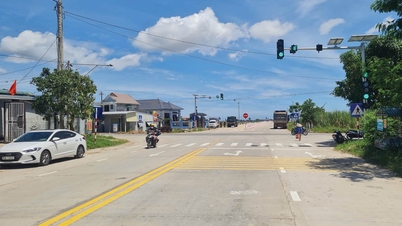


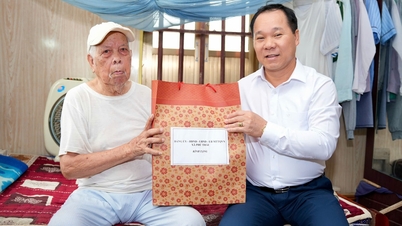







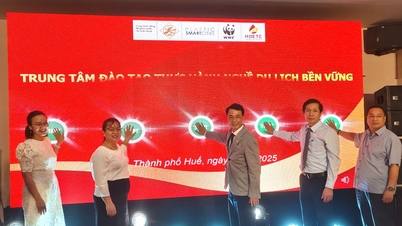
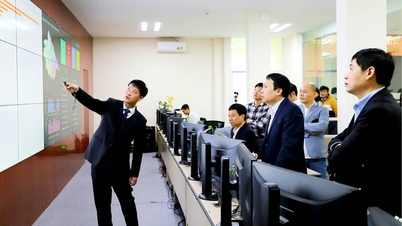

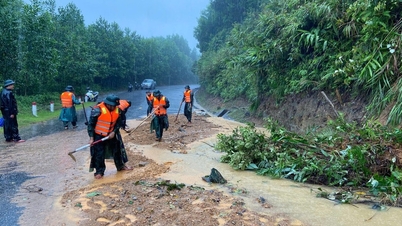

































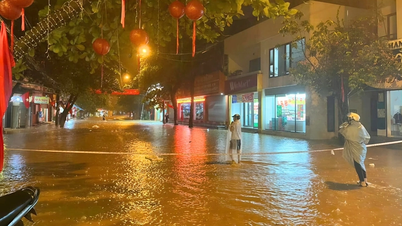















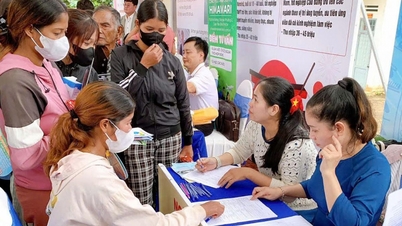
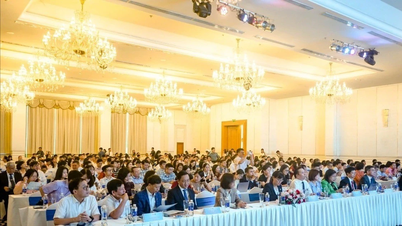
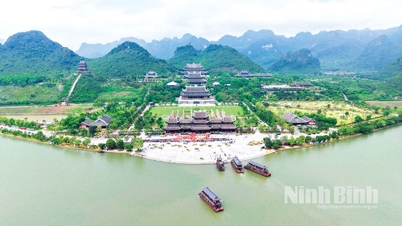

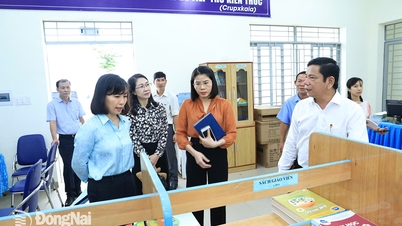











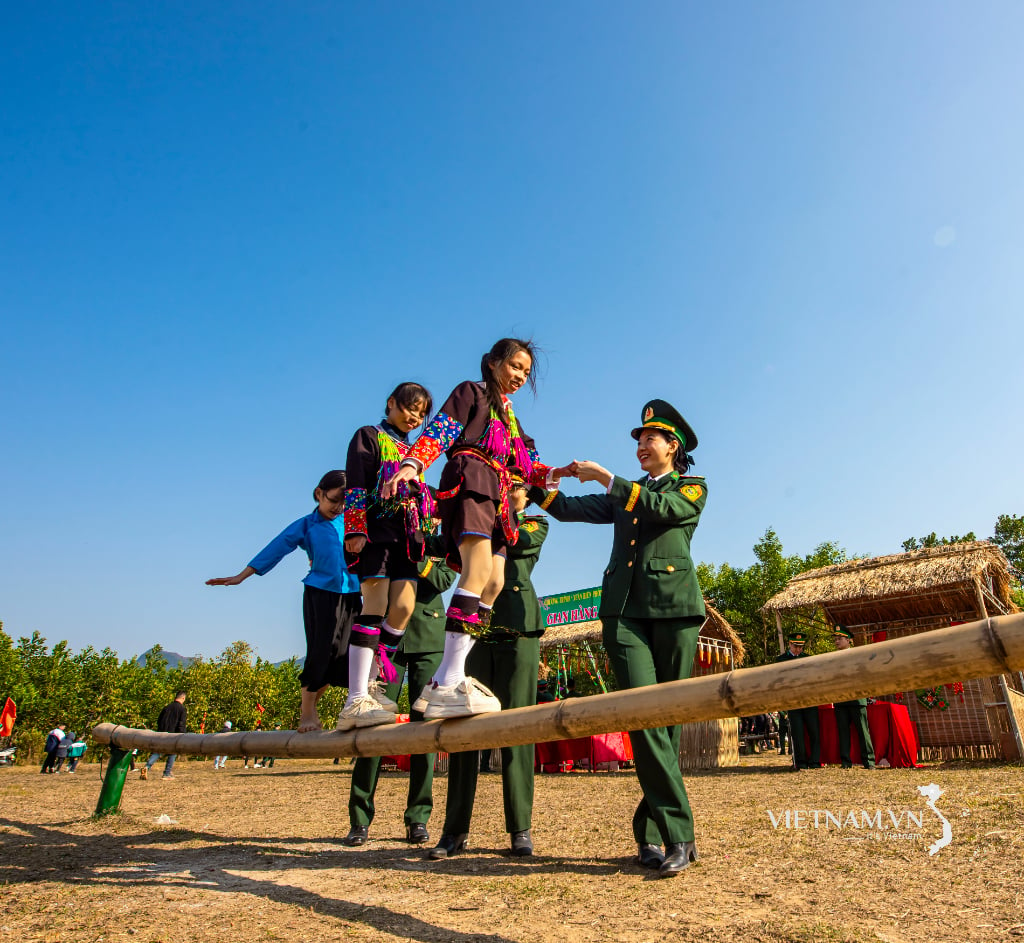


Comment (0)